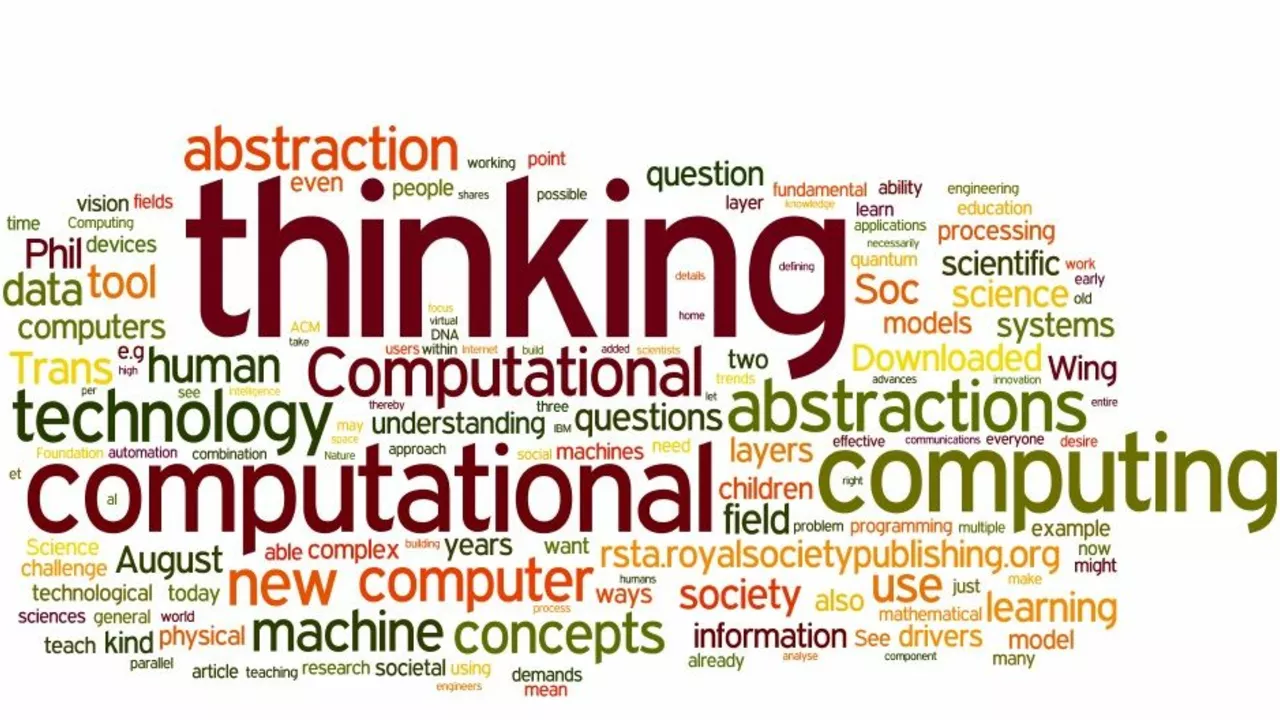Technology Meaning: What It Really Is
When you hear the word technology, you might picture robots or super‑computers. In reality, it’s just the tools and methods we use to solve problems or make tasks easier. Anything created by humans to improve life—whether it’s a stone axe, a smartphone, or a cloud‑based app—counts as technology. The core idea is simple: use knowledge to build something useful.
How Technology Shows Up in Daily Life
Look around your kitchen. The microwave, the fridge, the coffee maker—each one is a piece of technology designed to save time or keep food fresh. Step outside and you’ll see cars, traffic lights, and even the smartphone you’re probably holding right now. All of these gadgets share the same purpose: they help us do things faster, safer, or more comfortably. You don’t need a degree in engineering to see technology at work; it’s everywhere, quietly doing its job.
Why Knowing the Meaning Helps You
Understanding what technology actually means can guide your choices. If you know a new app is just a tool for organizing tasks, you can decide whether it fits your workflow. When you buy a laptop, thinking of it as a technology solution for work or study helps you focus on the specs you truly need. This practical view also makes it easier to talk about tech with friends, family, or coworkers without sounding vague.
Another benefit is staying ahead of trends. When you realize that technology isn’t just flashy gadgets but also includes processes like online banking or e‑learning, you start spotting opportunities. For example, a teacher who sees the meaning of educational technology can pick the right platform to engage students, rather than jumping on every new tool that pops up.
Many people confuse “machines” with “technology.” Machines are the physical parts—like a motor or a circuit board—while technology is the knowledge and design behind them. Think of a car: the engine, wheels, and seat belts are machines, but the engineering principles that make the car run efficiently are technology. This distinction helps you appreciate the effort behind every product you use.
In the workplace, the word technology often appears in job ads. Knowing its meaning lets you match your skills with the right role. A webmaster, for instance, uses web‑development technology to build and maintain sites. Even roles that seem unrelated, like project management, rely on technology to track progress and communicate across teams.
Finally, remembering that technology evolves can keep you curious. Yesterday’s cutting‑edge gadget becomes today’s ordinary tool. By seeing technology as a continuum—ideas turning into everyday objects—you stay open to learning and adapting. Whether you’re a student, a professional, or just someone who loves a good gadget, understanding the meaning of technology makes the rapid pace of change less intimidating and more exciting.

Decoding Education: Grasping Terminology & Technology
In simple terms, 'terminology' is the study of terms and their use, it's basically a system of words used in a particular discipline. 'Technology', on the other hand, refers to the application of scientific knowledge for practical purposes, including digital devices, software, and machinery. So while terminology is about words and their use, technology is about making life easier through scientific advancements. Both hold a significant place in our daily lives, helping us communicate effectively and perform tasks more efficiently. In a nutshell, one gives us the language, while the other equips us with tools.